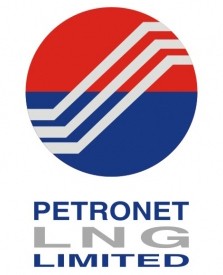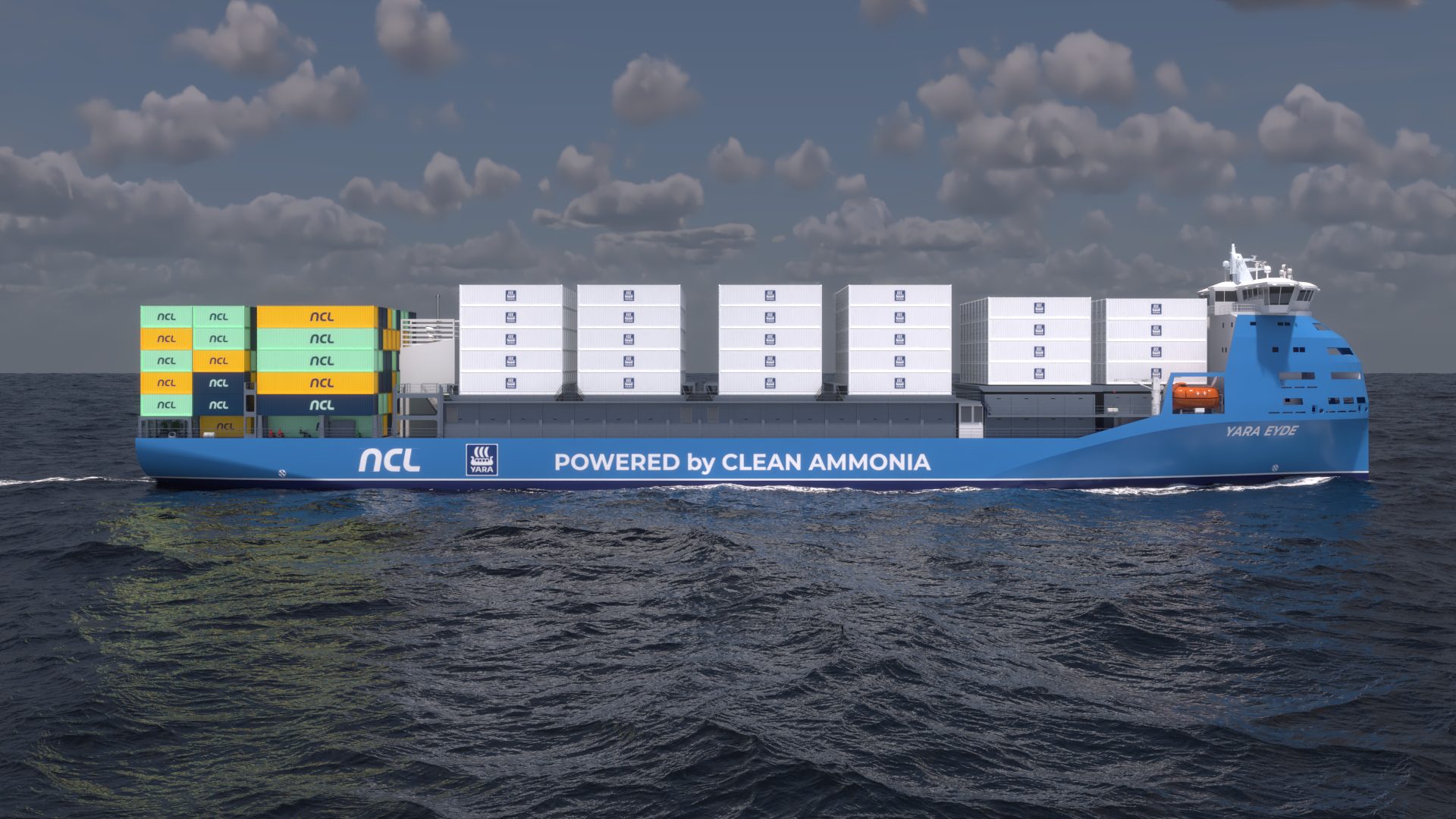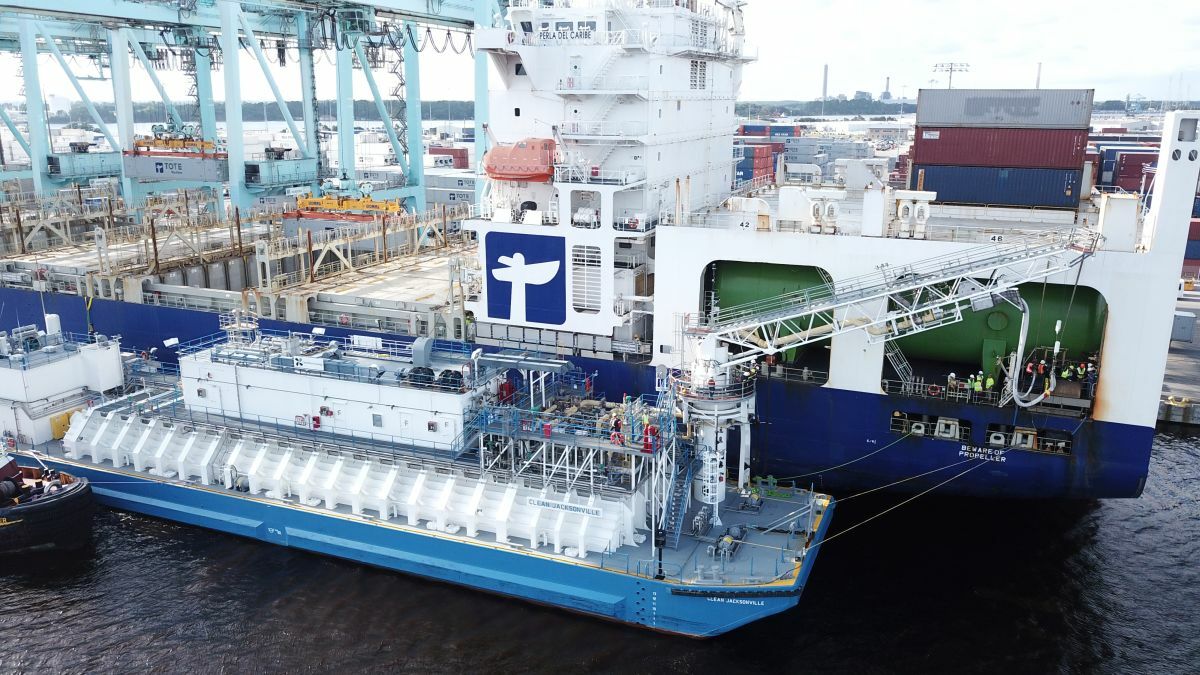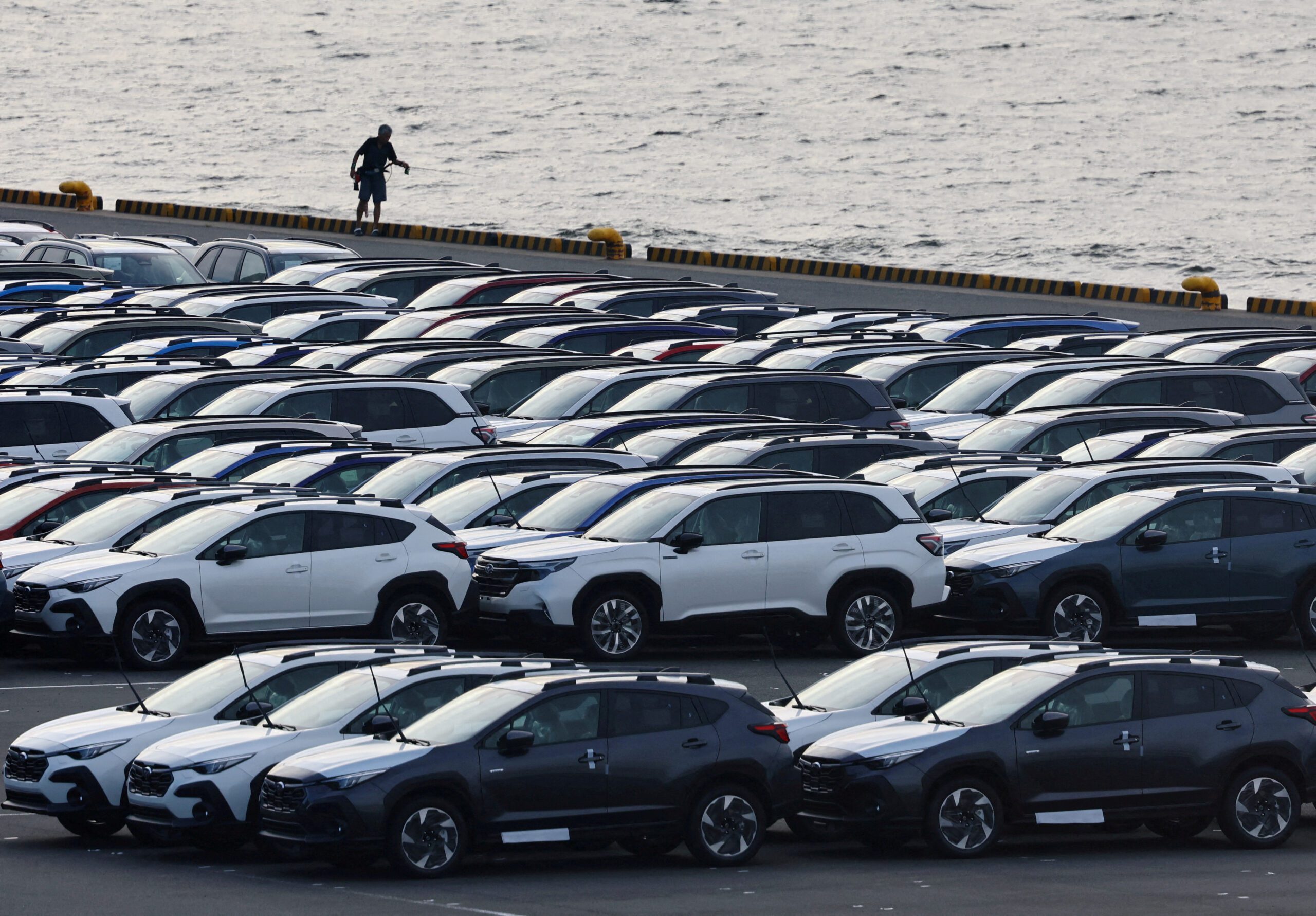 June 25 (Bloomberg) — Petronet LNG Ltd., India’s worst- performing oil and gas stock this year, is considering slowing contracts for importing natural gas as the rupee’s slide to a record pushes up costs for users.
June 25 (Bloomberg) — Petronet LNG Ltd., India’s worst- performing oil and gas stock this year, is considering slowing contracts for importing natural gas as the rupee’s slide to a record pushes up costs for users.
Higher fuel rates will reduce demand from customers including power stations that sell electricity at fixed costs, R.K. Garg, finance director at Petronet, the country’s biggest liquefied natural gas importer, said in a telephone interview. The company passes on the cost to consumers and India is a “price sensitive market,” he said.
“The rupee’s decline could have some impact on future demand and we will have to review the scenario,” Garg said. “Consumers are unable to pass on the higher cost and that indirectly affects us.”
The local currency’s 9 percent depreciation against the dollar this quarter is inflating the value of gas imports needed to bridge a growing shortfall after output at local fields, including those operated by Reliance Industries Ltd., fell at the fastest pace in Asia last year. Adequate supply of the fuel is crucial to generating electricity, running steel mills and fertilizer plants and also to help revive economic growth from the slowest pace in a decade.
U.S. Contract
Rising prices of liquefied natural gas combined with a higher landing costs will hurt Petronet’s profitability, said Gagan Dixit, a Mumbai-based analyst with Quant Broking Pvt., who advises investors to reduce their holdings in Petronet.
Petronet and state-run GAIL India Ltd. are mandated by the Indian government to bring LNG from around the world to Asia’s second-biggest energy consumer. Petronet in April signed its first purchase agreement in the U.S. to buy 4 million tons of the fuel annually from Houston-based United LNG LP’s Main Pass Energy Hub in the Gulf of Mexico for 20 years.
The company will buy the gas at a price linked to benchmark U.S. Henry Hub rates, which have climbed 14 percent this year. At a gas price of $4 per million British thermal units, Asian importers will pay about $10.60 per million Btu including liquefaction and shipping costs, Houston-based Cheniere Energy Inc. estimated in an April presentation.
“For the next two years, Petronet will find it difficult to get affordable LNG supplies, which will squeeze their margins,” said Dixit. “The rupee’s drop will only add to the problems.”
Share Slump
Petronet’s operating margin halved to 5.3 percent in the year ended March 31 from 11.7 percent five years ago, according to data compiled by Bloomberg.
Petronet’s shares have slumped 25 percent this year, making it the worst performer among the 10 companies in the S&P BSE India Oil & Gas Index. The slowing economy, sliding rupee and a delay in starting an import terminal in the southern Indian city of Kochi have fueled the decline. The stock traded at 118.20 rupees yesterday in Mumbai.
GAIL India, the nation’s biggest gas distributor that also imports liquefied natural gas, is the second-worst performer in the index, having dropped 20 percent.
The rupee has weakened almost 11 percent since the end of January, the biggest decline for any currency in Asia. It touched an unprecedented 59.98 per dollar on June 20, according to data compiled by Bloomberg. A weak rupee raises cost for importers including electricity generators which also have to pay for coal purchases from overseas.
Old Fields
Falling domestic gas production is threatening Prime Minister Manmohan Singh’s efforts to revive domestic energy production as oil import costs rose 9 percent in the financial year ended March 31 to $169 billion, widening the current- account deficit and weakening the rupee. Gas output at India’s fields has dropped every month since November 2010, according to oil ministry data.
Billionaire Mukesh Ambani-controlled Reliance Industries has been attempting to reverse an almost three-year decline in output from the nation’s biggest field, while Oil & Natural Gas Corp., the country’s biggest explorer, is struggling with fields that are more than four decades old.
LNG is gas chilled to more than minus 160 degrees Celsius so it can be transported in refrigerated tankers to countries not connected by pipeline. The cost of liquefaction in the U.S. is $3-$4 per million Btu and shipping to Asia will cost another $2 per million Btu, Laszlo Varro, International Energy Agency Director for coal, gas & electricity markets said June 20.
‘High Price’
Asia is buying LNG at almost four times the price of U.S. natural gas as Japanese utilities consume record quantities to replace idled nuclear capacity and China seeks to bolster use of cleaner fuels.
LNG swaps for September of the Japan Korea Marker, a benchmark price for Asian buyers, were at $15.65 per million Btu on June 21, 3.3 percent higher than the $15.15 per million Btu on May 31, according to ICAP Plc data. The December contract is at $16.15 per million Btu.
“It’s a very high price for India, where demand starts reducing at above $12,” said Dixit.
Indian Oil Corp., the nation’s biggest refiner, ONGC, Bharat Petroleum Corp. and GAIL India control a combined 50 percent of Petronet, holding equal stakes, according to data compiled by Bloomberg.
Shares of the company will start improving in a year when a pipeline that will carry gas out of its LNG import terminal in Kochi starts, said Bhavesh Chauhan, a Mumbai-based analyst with Angel Broking Ltd. The company plans to start the facility in August, Finance Director Garg said.
“A prolonged weakness in the rupee will hurt Petronet severely as demand will be affected,” said Chauhan. “They will be forced to relook their planned contracts and supplies.”
– Rakteem Katakey, Copyright 2013 Bloomberg.

 Join The Club
Join The Club











